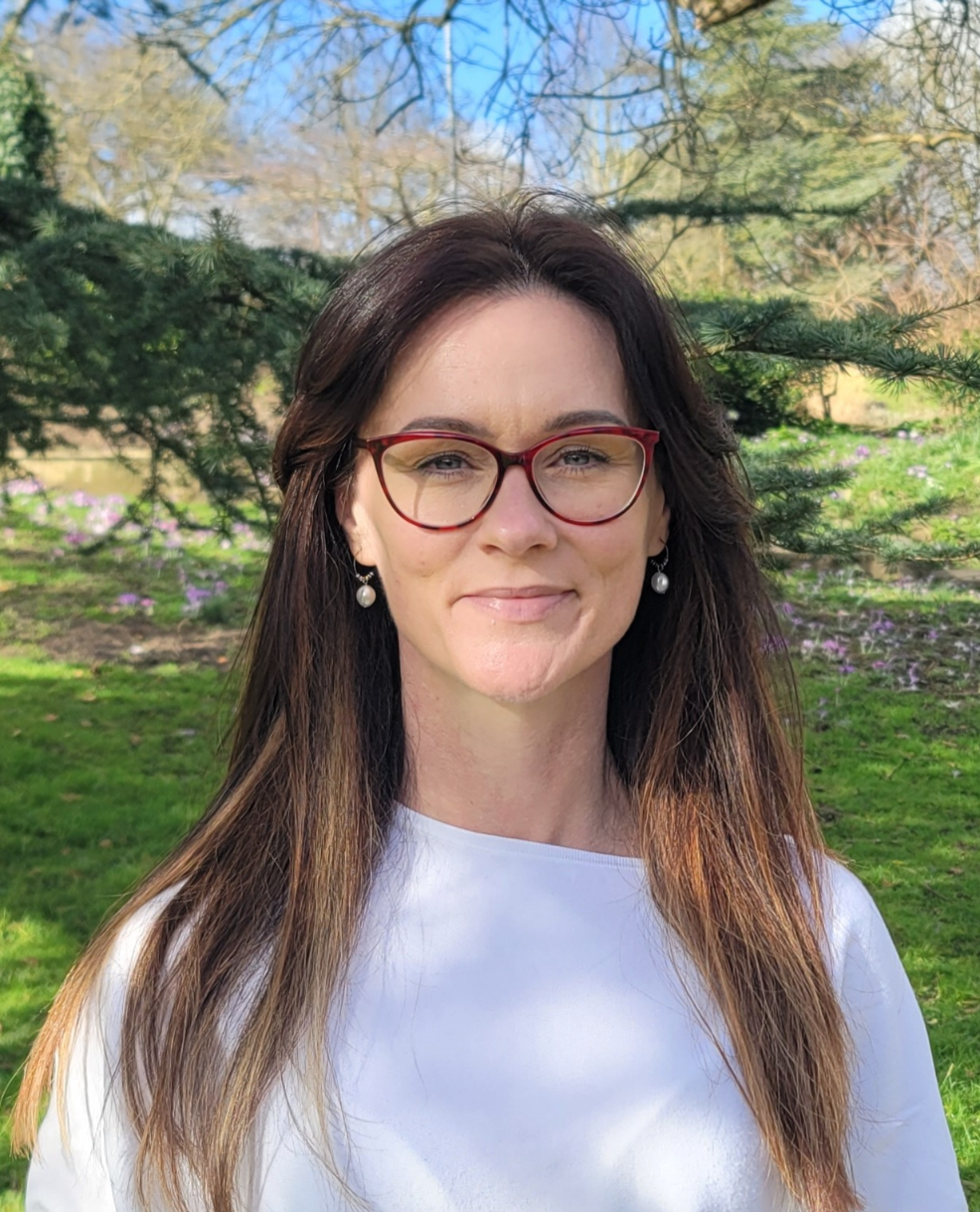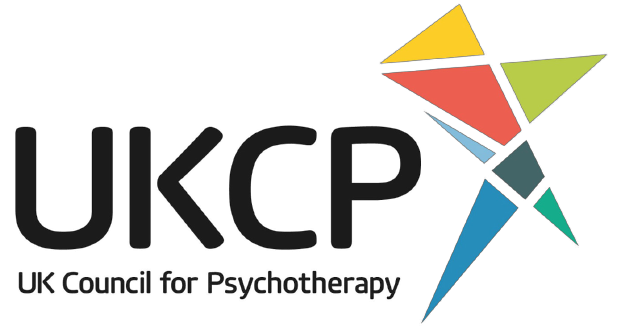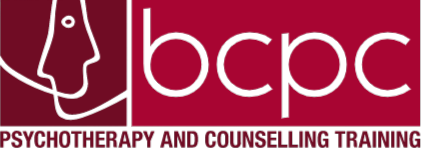Welcome
Thank you for visiting my website. My name is Lisa Deguillaume and I offer
Integrative Psychotherapy in Bath, Bristol, and online.
Also, I am an EMDR therapist and a member of EMDR Association UK.
Thank you for visiting my website. My name is Lisa Deguillaume - I offer Integrative Psychotherapy in Bath, Bristol, and online. Also, I am an EMDR therapist and member of EMDR Association UK.
You have already taken the first step...
Deciding to start psychotherapy takes courage. Most people find themselves struggling at some point in their lives and it is healthy to recognise when things are not quite right.
You may be feeling overwhelmed by stress, anxiety, or depression, struggling with relationships, or repeating unhelpful patterns without understanding why. Traumas or major life changes can bring unexpected emotions, or perhaps you feel a deeper sense of sadness or lack of purpose that is hard to define.
You may know what brings you to therapy, or we can explore this together. I can provide a compassionate and confidential relationship where you can learn to express your thoughts and emotions, and experience feeling genuinely heard and accepted.
Through understanding, learning, expanding awareness, healing, and growth, psychotherapy can help us discover who we are and how we wish to engage with the world.
If you're looking for a psychotherapist in Bath, Bristol, or online - or if you want to find out more about EMDR or have any other questions - please do get in touch.
Qualifications, Training, and Experience
"Trauma almost invariably involves not being seen, not being mirrored,
and not being taken into account"
- Bessel van der Kolk
Are you looking for a Psychotherapist in Bath, Bristol, or online?
If so, I'd love to hear from you.
Am I the right psychotherapist for you?
Trying to find the right psychotherapist can be daunting and overwhelming. An initial session is a helpful way for us to meet, with no obligation to commit, to see if we are a good fit. Following this stand-alone meeting, you can take some time to decide if you would like to start your therapy with me.
I work in an integrative way, which means I draw on a range of therapeutic theories and models. There is not a 'one size fits all' with therapy. I value every person’s uniqueness and personal experience, and understand that you may need a different approach at different times.

Why I Became a Therapist
For many years, I poured my energy into creating an outwardly successful life, but on the inside, I was feeling disconnected, lost, and empty. I could not figure it out on my own and learned it was okay to ask for help. My experiences of life, death, and loss are what ultimately led me to seek psychotherapy for myself. Therapy gave me a safe, confidential space to reconnect with myself and others in a more fulfilling way. My own path of self-exploration and healing is what led me to leave a career in the legal field and retrain as a psychotherapist. It is a privilege to be in a position to support others in discovering and accepting all parts of themselves.
“The pain is there; when you close one door on it, it knocks to come in somewhere else…”
(Irvin Yalom)

The Therapeutic Relationship
Central to my practice is the belief that the therapeutic relationship itself is a powerful tool for healing. Working collaboratively in a confidential and non-judgemental space, I endeavour to build a relationship based on trust, respect, and authenticity. Then, we can begin to peel away the layers that have been built up over the years in the name of protection, allowing a more authentic self to emerge and be truly seen.
Research has consistently shown the relationship between the psychotherapist and the client plays the most important role in whether therapy works.
"We are born in relationship, we are wounded in relationship, and we can be healed in relationship"
(Harville Hendrix)

Mind-Body-Spirit Connection
Our minds, bodies, and spirits are not separate entities, but rather are interconnected. When one is out of harmony, it can disrupt the entire balance. Many people find they spend most of their time in their heads often neglecting, dismissing, or rejecting what is happening with the rest of their body and spirit. I believe in reconnecting all aspects of the self by paying attention to what is happening internally, moment-to-moment, as well as within the therapeutic relationship.
Embracing your being as a whole can lead to a more integrated self, and genuine connections with others. Thus, bringing a deeper sense of inner peace and alignment.
"…without a clear connection to our instincts and feelings, we cannot feel our connection and sense of belonging to this earth, to a family, or anything else"
(Peter Levine)
EMDR
Eye movement desensitization and reprocessing (EMDR) is a form of psychotherapy designed to treat post-traumatic stress disorder (PTSD). It was devised by Francine Shapiro in 1987.

What can psychotherapy help with?
Learn healthier ways to cope with emotions
Increased trust and connection with self and others
Self-awareness / Self-acceptance / Self-empowerment
Work through fear, guilt, and shame
Processing grief and loss
Work through trauma
Setting boundaries / Self-care
Understanding and changing generational patterns
Understand and express emotions and needs more freely
Become more grounded and balanced
Navigating parenthood
Sex related issues
"We cannot selectively numb emotions, when we numb the painful emotions, we also numb the positive emotions"
- Brené Brown
EMDR
EMDR (Eye Movement Desensitisation and Reprocessing) is an evidence-based psychotherapy treatment that effectively helps individuals process and heal traumatic experiences that have negatively impacted their mental health. I offer EMDR sessions within my open-ended psychotherapy work and on a short-term basis where we agree to a set number of sessions.

January's Self-Care Tip: Re-establishing connection with self
After the festive season, it's common to feel a little unsettled, emotionally drained, or out of routine. Self-care doesn't have to be about rigid resolutions or perfectionism - it's about gently reconnecting with yourself and creating supportive routines that feel managable and nourishing. Simple practices such as getting back to regular sleep and meal times, spending time outdoors, moving your body, and creating moments of quiet can help restore a sense of balance. Taking time to notice what you need, without pressure to do it perfectly, can support a calmer and more gentle return to everyday life.
Contact me
Each psychotherapist will have a different style and approach to therapy. My approach is unique to me and is informed by my life experiences, education, and training. If you are looking for a psychotherapist in Bath, Bristol , or online, or interested in EMDR, or if you have any further questions about the way I work, or to book an initial session, do get in touch.
"Loneliness does not come from having no people around, but from being unable to communicate the things that seem important to oneself, or from holding certain views which others find inadmissible"
- Carl Jung
©Lisa Deguillaume
powered by WebHealer



